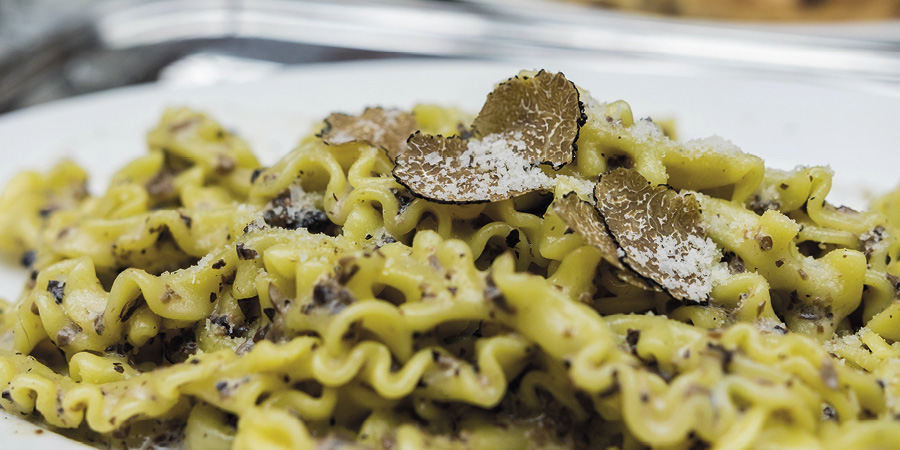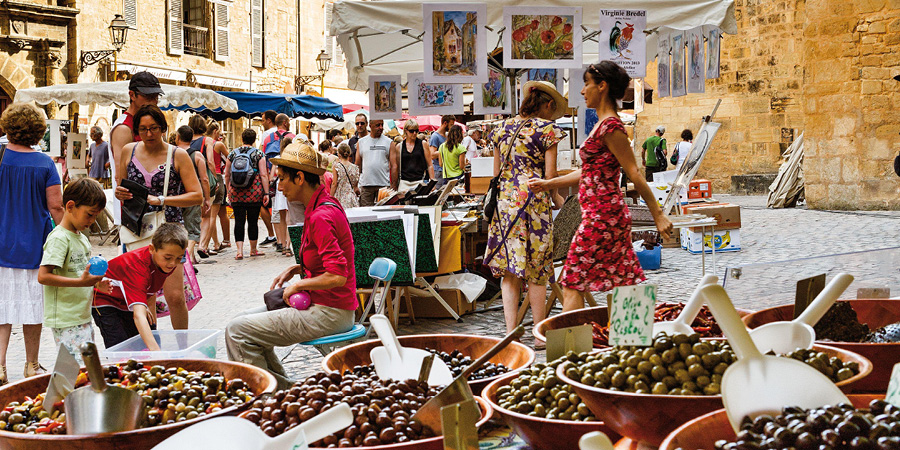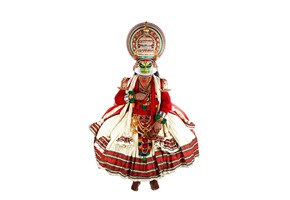While big corporations and governments need to be the ones leading the charge when it comes to implementing policy that could help stem the effects of climate change and create a fairer world for all, most of us want and to contribute in some way, and it can actually be easier to make a difference on holiday than in 'real life'. If that's you but you're not sure exactly what you can (or can't, as the case may be) do to make a difference, then take a look at our top tips for being an ethical traveller in 2021.
Souvenirs
We all want to take home a memento of a much-loved holiday but, just as we've started to ask ourselves when at the supermarket if we really need all those plastic bags or if we should perhaps spend a little more on clothes that haven't been mass-produced at a sweat shop in a faraway developing country, it's time to face up to the realities of how our souvenir shopping can actually have a negative impact on local economies and communities.
While haggling at the local market will often directly benefit the trader you buy from, it's also worth remembering that it's largely an unregulated industry, and as a destination grows in popularity, so do those out to make a fast buck. It's far from unusual to see a made in china sticker on the bottom of your statue of the Eiffel Tower, taking away from genuine craftsmen and women who take longer, and therefore have to charge more for their wares. So, our first tip is to a bit of research before you set off, find out where other, like-minded travellers go for an authentic shopping experience. One clue is to follow the locals - they always know where the best products for the best prices can be found.
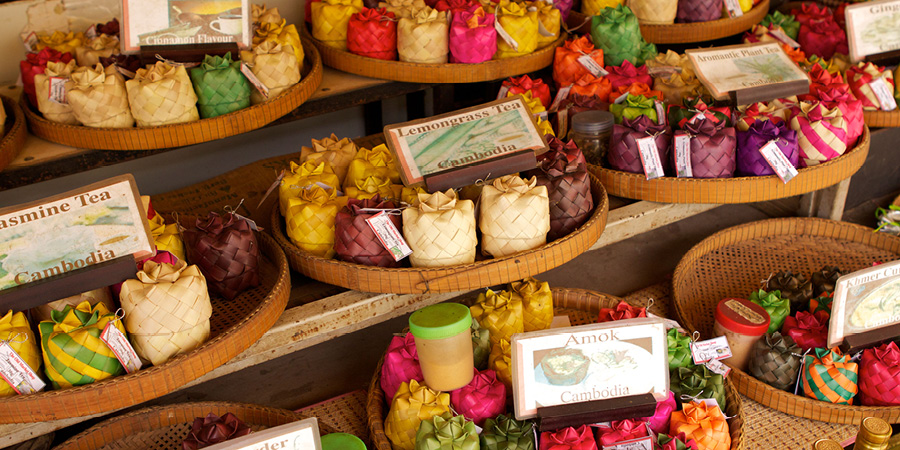
Experiences
Tip number two - while there are some obvious no nos when it comes to souvenirs, and most of us won't want to be buying herbal remedies made with ground up ivory anyway, it can be difficult to always know exactly what you're purchasing, especially if you don't speak the language. So, familiarise yourself with what illegal products (in the UK at least) your destination of choice sells freely and find out what they look like so you feel prepared about the warning signs and what to avoid. This top tip can also apply to animal activities too. We're all aware now about Sea World's treatment of wild animals in captivity, and this has had a knock-on effect when it comes to the mistreatment of other creatures, with tourists becoming much more savvy about elephant rides, big cat encounters and swimming with dolphin experiences. The general rule is; unless the company you consider can legitimately prove the animals in their care are being ethically treated and that being in captivity is beneficial to their survival, avoid them at all costs. According to World Animal Protection, 75% of wildlife tourist attractions have a negative impact on the animals' wellbeing, and their website has a fantastic guide for how to be a responsible animal tourist - we recommend you check it out!
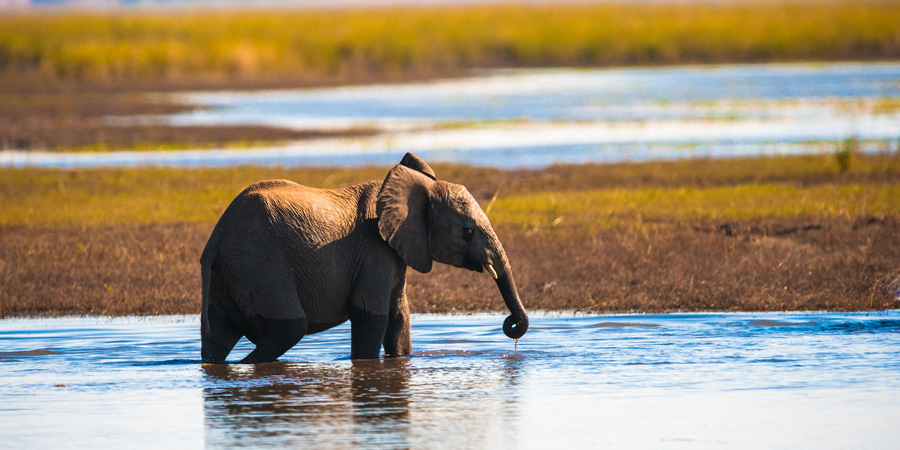
Family-run vs chains
A quaint trattoria in the Tuscan hills or a quick visit to McDonalds? We know which we'd prefer! This may be an extreme example, but unless your plane lands in the middle of the night and a Big Mac meal really is your only choice, then we strongly recommend you look beyond the main thoroughfares and usual tourist traps when picking your perfect dining spot. While in mainland Europe you're unlikely to see as many of the high-street chains that now adorn the UK, there are still some tell-tale signs about what will probably be a miss rather than a hit. See those well-dressed greeters stood outside an appealing looking eatery, trying to tempt you in for a quick bite? Well they may well not be earning enough to feed their own families. While it can be handy to take a seat and have a rest on your way between attractions, when you're seeking out a place for a relaxing dinner, try looking further afield. Not only will it appease your conscience, it'll probably taste better and be a more authentic experience too!
Side note: Tipping can be a bit of a controversial subject, but the only time it really becomes an 'ethical issue' is in the United States where wait staff regularly don't earn more than a couple of dollars an hour and use tips to subsidise their pay packets. While this doesn't mean you should feel obliged to fork out extra for bad service or food, it's worth keeping in mind when you're working out how to deal with the bill. If you have a good experience, then about 15% tip is considered customary.
